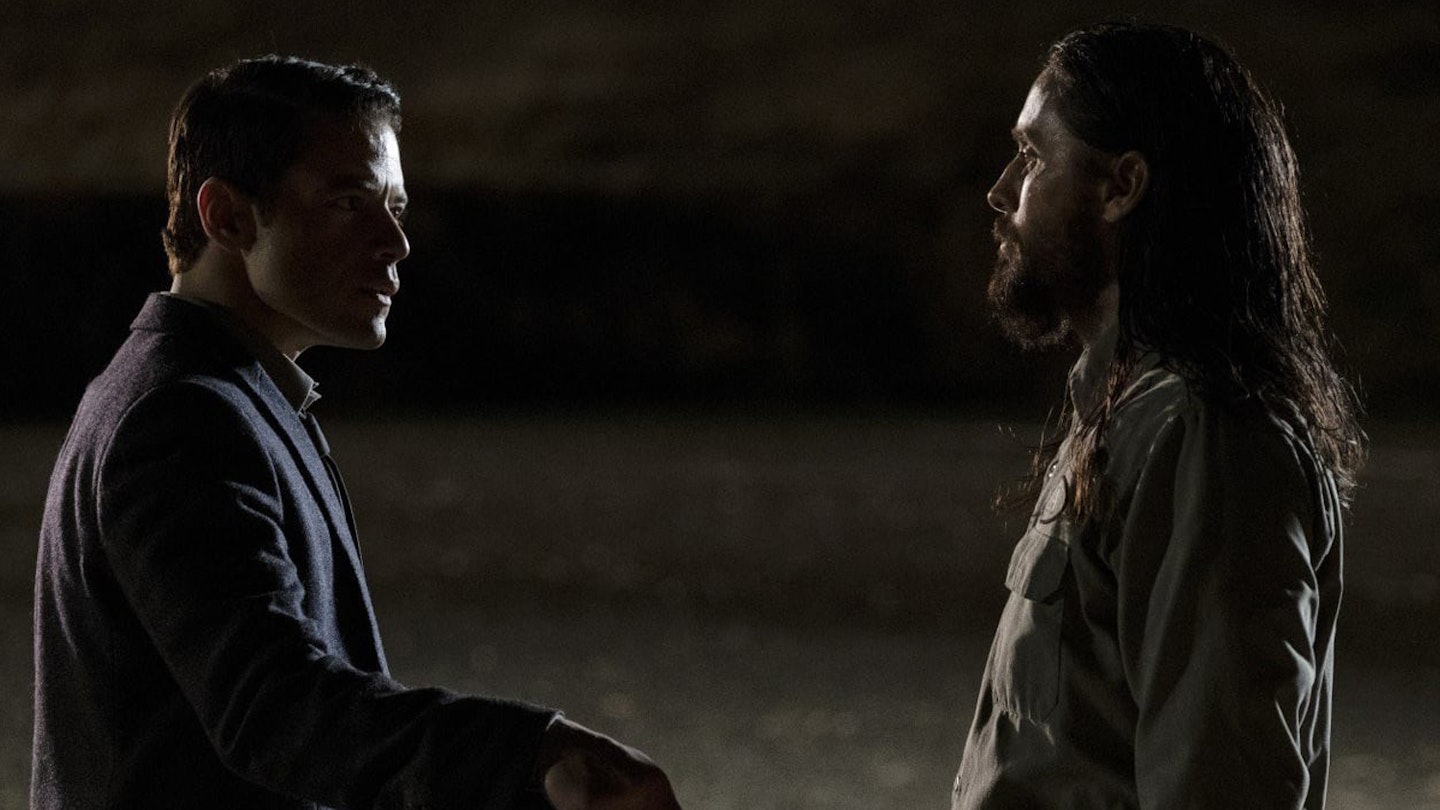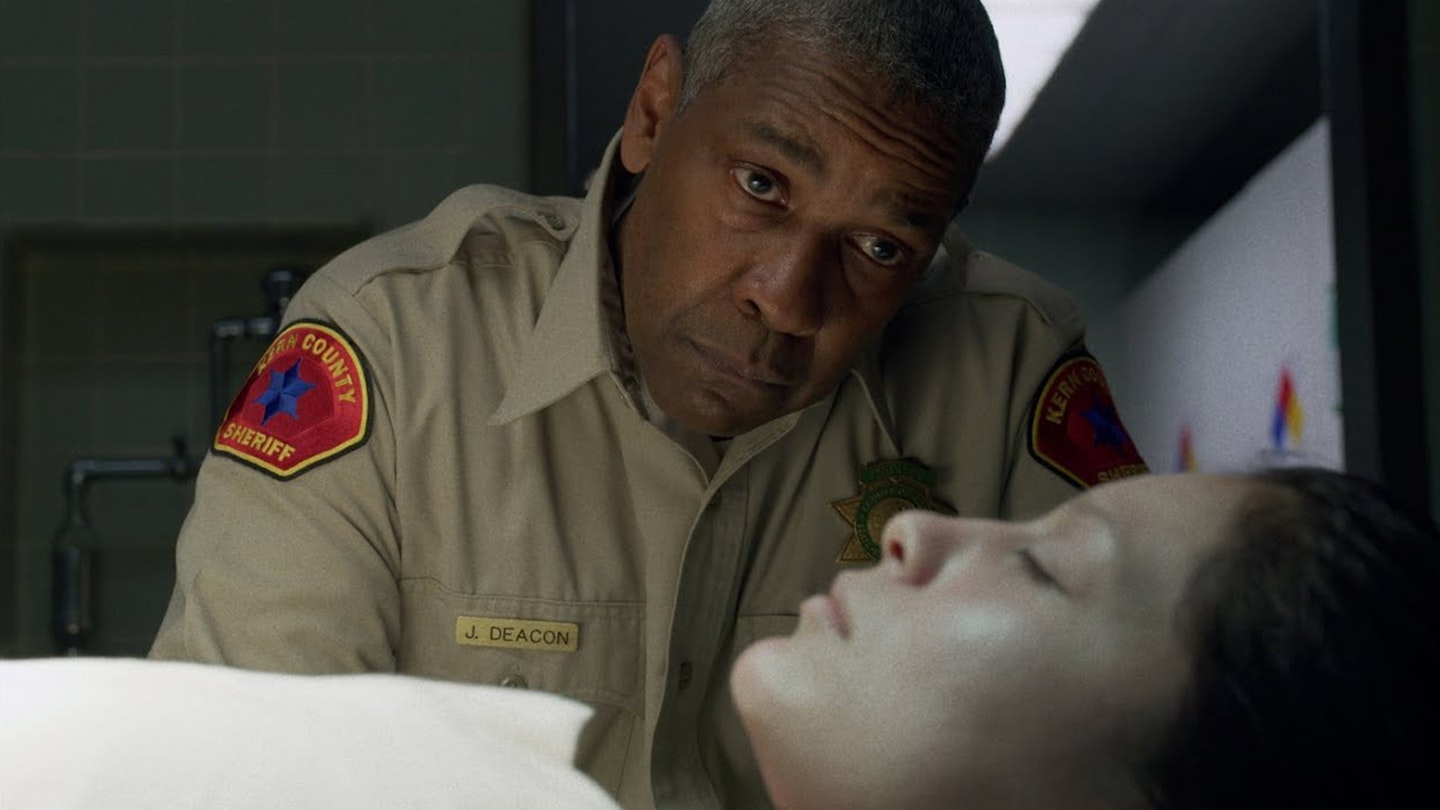The Little Things is a script that writer-director John Lee Hancock (The Blind Side) has been sitting on since the early ’90s. And it shows. Not simply because it’s set in 1990, handily denying its crime-fighting characters the modern convenience of mobile phones. It looks and feels like it could be a lost movie from that era; one of those sturdy, steady-paced, mid-budgeted neo-noirs about flawed men embroiled in terrible crimes. Among its almost-directors were Clint Eastwood, Danny DeVito and, oddly, Steven Spielberg, but it’s Hancock himself who’s finally ushered it to the screen 28 years after its 1993 inception. Sadly, despite a prestige cast, it isn’t really worth the wait.

Denzel Washington, of course, is always watchable, and he brings all his character-dissecting rigour to the role of Joe ‘Deke’ Deacon, a grey-haired cop whose competence and worldly charm overlay a past burnout trauma. One which, we’re told, brought about a suspension, a divorce and a triple bypass in the space of six months. This gradually plays out in distracting, fragmented flashbacks as Deke partners up with slick but edgy younger detective Jimmy Baxter. He’s portrayed by Rami Malek, who makes Jimmy so brittle you’re counting the minutes until the first cracks appear in his rigid demeanour.
Causing those cracks is the movie’s token creep: the oddball antagonist with quirks so heavily applied, he’s surely too obvious to be the real killer. Unless… He isn’t? Or is he? Enter Jared Leto, sporting tooth-caps, a prosthetic nose, a fakey paunch and a bow-legged strut as the loathsome Albert Sparma, who goads and manipulates Deke and Jimmy with such intense and showy gusto he swallows up every scene he’s in.
An all-round dour affair.
The issue of Sparma’s culpability dominates the drama, notably side-lining the killer’s most recent victim, a woman named Ronda (Maya Kazan), who’s been abducted but not yet necessarily murdered. Like all his prey — all young women — she’s given scant attention beyond her usefulness as a driver of the plot. The others, meanwhile, pop up as naked bodies on morgue slabs and grey-faced phantoms in Deke’s seedy hotel room, voicelessly beseeching him to finish the job in a touch that is of questionable taste. Elsewhere, the female cast is relegated to tiresomely familiar types: the loving/concerned wife, the ex-wife who still carries a torch, and the sidekick detective, here played by Natalie Morales, whose most memorable scene involves her making a huge, potentially case-ruining gaffe.
Not that the men are perfect. Far from it. But Hancock’s handling of their shortcomings leaves you less impressed at his portrayal of obsession, machismo and complicity than irked at instance after instance of what is patently terrible police work — to the point where any sense of authenticity evaporates in the Californian heat. And it’s not even compensated for by pulse-raising thrills or visual inventiveness, as was the case, say, in Seven. From the muted, dirt-toned palette to the wispy score (by Thomas Newman), it’s an all-round dour affair. A dull, dusty relic that would have been left in storage.

